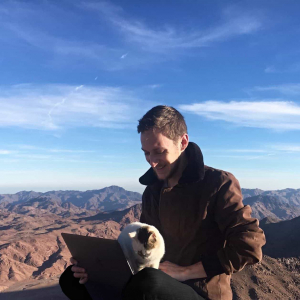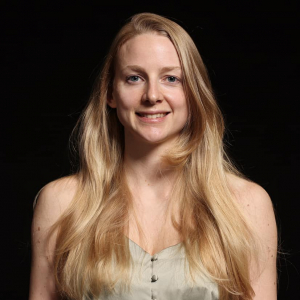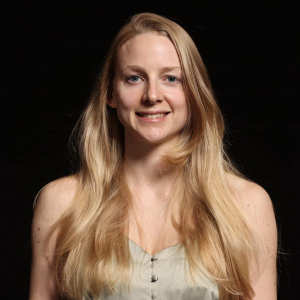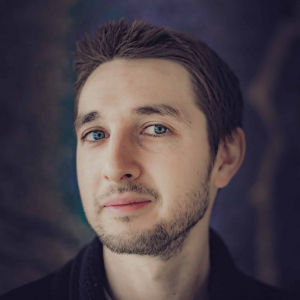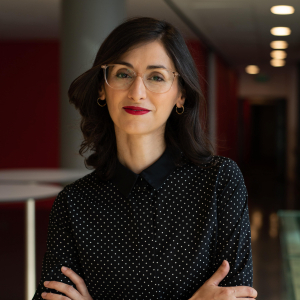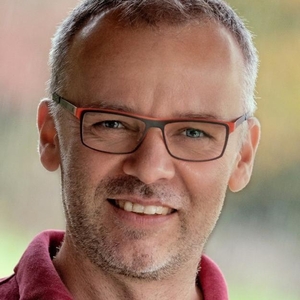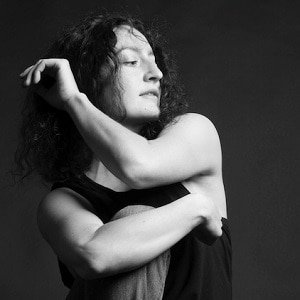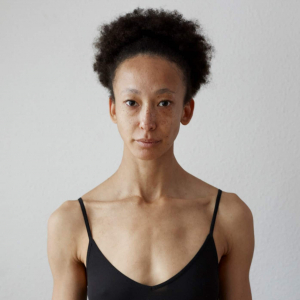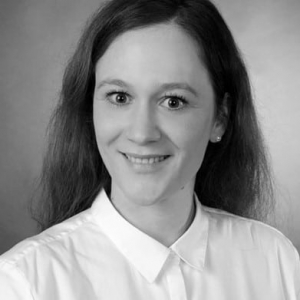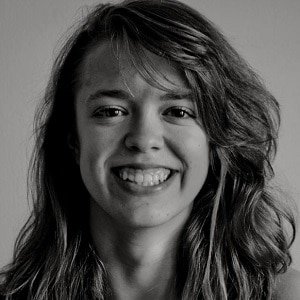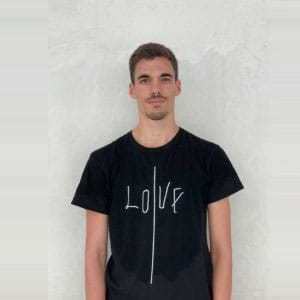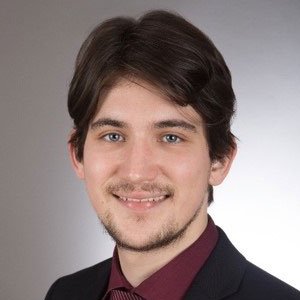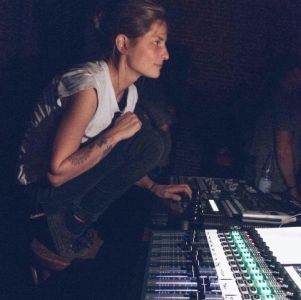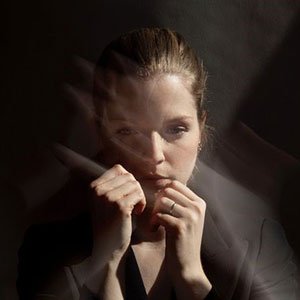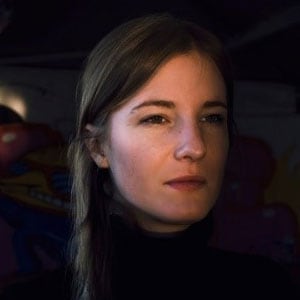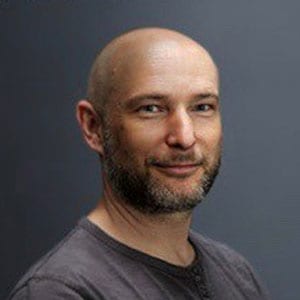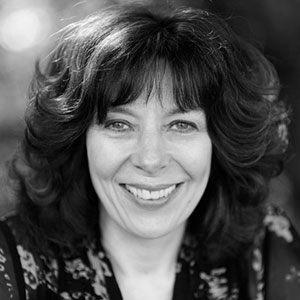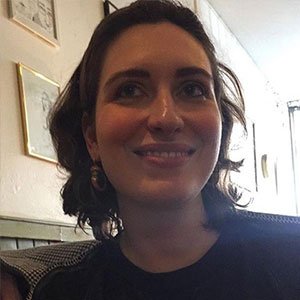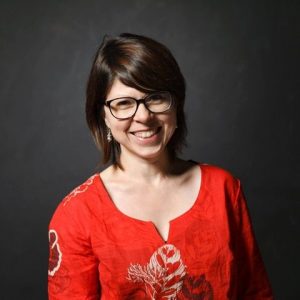LA VAGUE SONORE DE LA DANSE DES PLANTES
Choreographer Elisabeth Schilling & composer Alexandra Duvekot are in the early stages of research to explore the ways in which experiential knowledge of plants can inspire choreography as well as musical composition.
Plants make sounds in frequencies inaudible to the human ear: the way the roots grow in the earth, the oxygen exchange with the air around them, the communication with other plants and animals, the way they suck up and distribute the water from the earth.
These obersvations are the starting point for both the compositional as well as the choreographic research: how can those sounds made audible to the human ear? How can those rythms and sound textures inspire movement? How can those plant sounds be transcribed to instruments ?
Supported by dancers Marine Tournet, Marla King and Giulia Cenni as well as dramaturge Eva Martinez, Elisabeth is currently exploring how sense impressions by different plants, such as communication through haptic touch or smell, can inspire movement and choreography.
Whilst, in the past, Elisabeth often created choreography stemming from an already existing score, she would now like to – together with Alexandra – explore which compositional potentials can be explored starting the musical creation process one the one hand from the plants, and on the other from the dance. Having extensive knowledge on music herself, Elisabeth is especially interested in creating complex rhythmical structures and making a variety of textures audible. United Instruments of Lucilin will support this research process from musical perspectives.
Both Alexandra and Elisabeth are interested in creating a perspective into plants sounds and movement that offers a less human centric vision, but rather transcend to a more post-human centric perspective. They would love for this research to expand the audience’s and participant’s empathy to the nature around and within us and open up a new idea of what feelings is, informed by findings from the plant world.







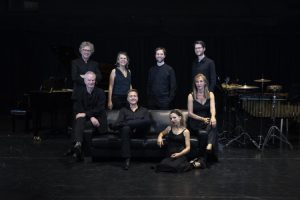
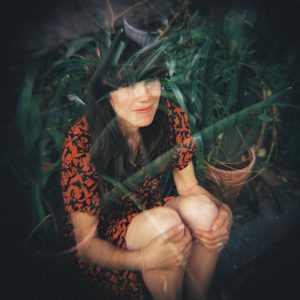


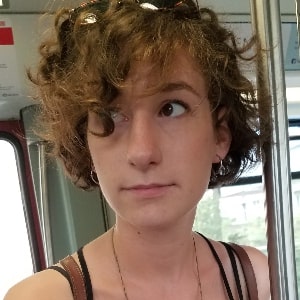
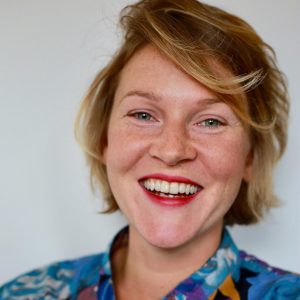
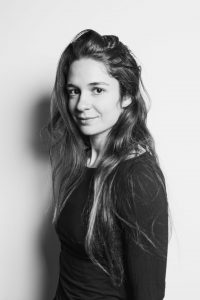
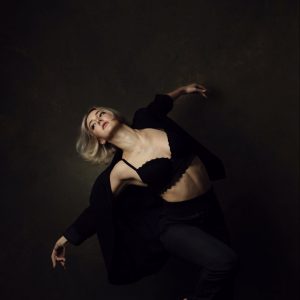
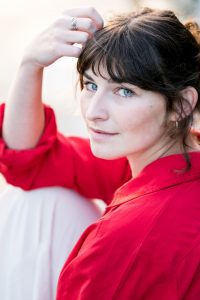
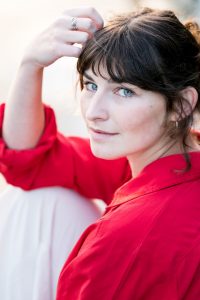
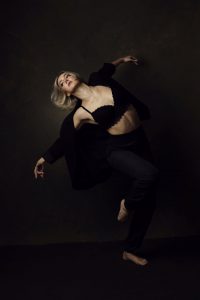
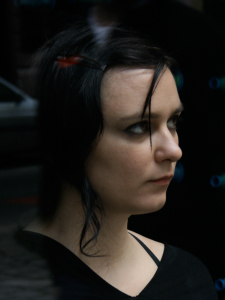



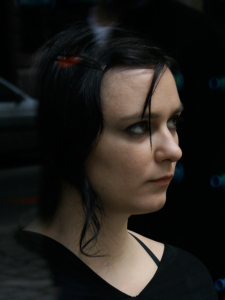


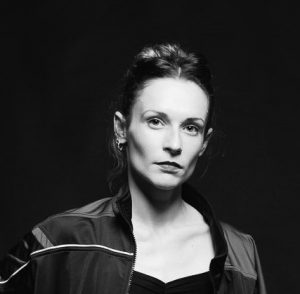 Lou begann im Alter von 5 Jahren in ihrer Heimatstadt zu tanzen. Im Jahr 2012 schloss sie sich dem Ballet Junior de Genève an, wo sie Werke von renommierten Choreografen wie Andonis Foniadakis oder Hofesh Schechter tanzte. 2016 schloss sie sich dem Kamea Dance Cie in Israel an, wo sie unter anderem Werke des Regisseurs Tamir Ginz, aber auch von Nacho Duato und Marco Goecke tanzte. Seit 2020 ist sie als Gasttänzerin am Grand Théâtre de Genève engagiert und arbeitet seitdem als freischaffende Tänzerin.
Lou begann im Alter von 5 Jahren in ihrer Heimatstadt zu tanzen. Im Jahr 2012 schloss sie sich dem Ballet Junior de Genève an, wo sie Werke von renommierten Choreografen wie Andonis Foniadakis oder Hofesh Schechter tanzte. 2016 schloss sie sich dem Kamea Dance Cie in Israel an, wo sie unter anderem Werke des Regisseurs Tamir Ginz, aber auch von Nacho Duato und Marco Goecke tanzte. Seit 2020 ist sie als Gasttänzerin am Grand Théâtre de Genève engagiert und arbeitet seitdem als freischaffende Tänzerin.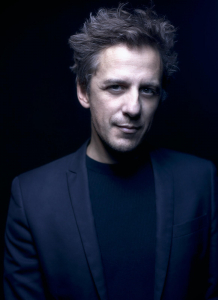
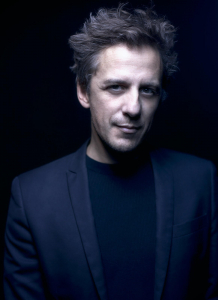
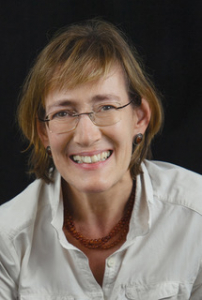
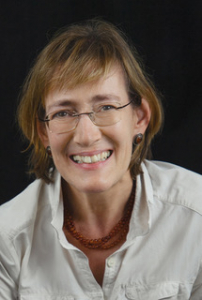
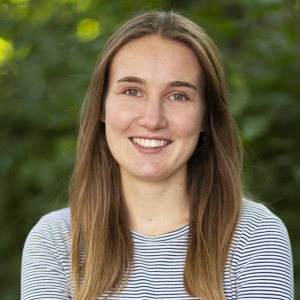 Johanna Schmitt
Johanna Schmitt Johanna Schmitt
Johanna Schmitt